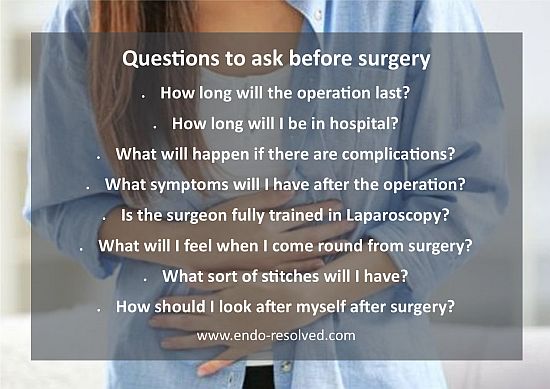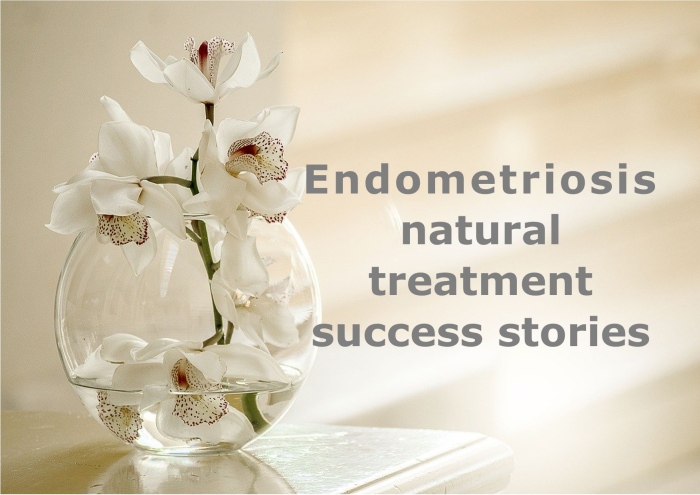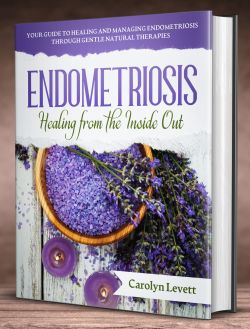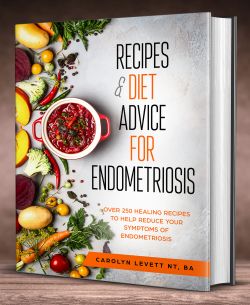Pregnancy with endometriosis
Treatments & support for pregnancy with endometriosis

Many doctors feel that for a woman who has Endometriosis, the best chances of pregnancy occur during the six to nine months period following treatment with a laparoscopy procedure.
There are many women with Endometriosis who succeed in having children. For some of these women these pregnancies may have taken place without treatment for Endometriosis; their pregnancies would have happened anyway. There is no way of knowing. For other women, they have successfully conceived after some form of medical treatment.
Other women are achieving pregnancy without any conventional medical intervention for Endometriosis, and are simply taking care of their own health though alternative treatments.
This may include changes in diet or getting treatment from an Alternative Health practitioner. Success with pregnancy has been achieved by using Homeopathy, Acupuncture, Traditional Chinese Medicine, Herbalism, to name a few, as well as following self-help programs including vitamins and supplements and diet changes.
In certain cases pregnancy success has come about by combining conventional treatment for Endometriosis along with Complimentary therapies.
To address the problems with infertility and Endometriosis and achieve successful pregnancy may require a combination of treatments. This means correcting hormone imbalances that have been directly caused by Endometriosis; then to repair the structure of the reproductive organs.
This is probably best achieved by:
Natural and Alternative therapies can work wonders to restore health and bring the body back into balance, but surgery may be required to repair damaged tissue and organs caused by Endometriosis, to restore them close to their original function.
IVF and endometriosis
In vitro fertilization (IVF) procedures are effective in improving fertility for some women with endometriosis. IVF makes it possible to combine sperm and eggs in a laboratory and then place the resulting embryos into the woman’s uterus. IVF is one type of assisted reproductive technology that may be an option for women and families affected by infertility related to endometriosis.
In the early stages of IVF, a woman takes hormones to cause "superovulation," which triggers her body to produce many eggs at one time. Once mature, the eggs are collected from the woman, using a probe inserted into the vagina and guided by ultrasound.
The collected eggs are placed in a dish for fertilisation with a man’s sperm. The fertilised cells are then placed in an incubator, a machine that keeps them warm and allows them to develop into embryos. After three-to-five days, the embryos are transferred to the woman’s uterus. It takes about two weeks to know if the process is successful.
Even though the use of hormones in IVF is successful in treating infertility related to endometriosis, other forms of hormone therapy are not as successful. For instance, hormone therapy that prevents a woman from getting her period, or from ovulating each month, does not seem to improve infertility related to endometriosis.
Reference:
https://www.endofound.org/infertility
https://www.ncbi.nlm.nih.gov/pmc/articles/PMC2941592/
https://ivi-fertility.com/blog/endometriosis-fertility-pregnancy/
 As featured in:
As featured in:









